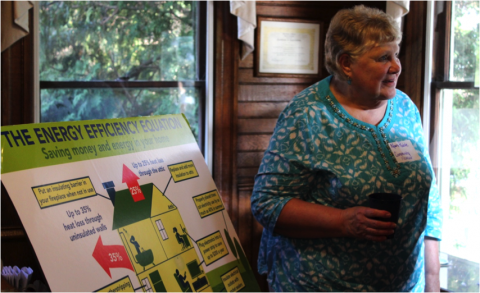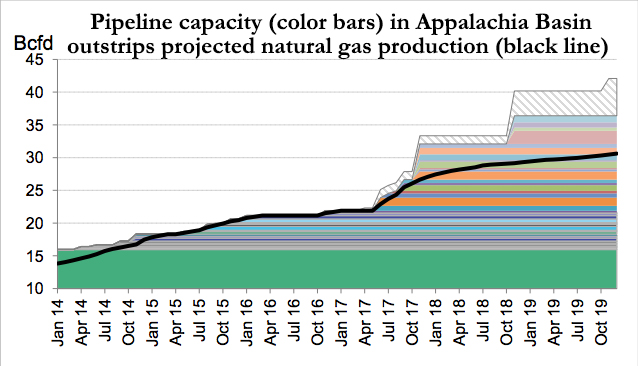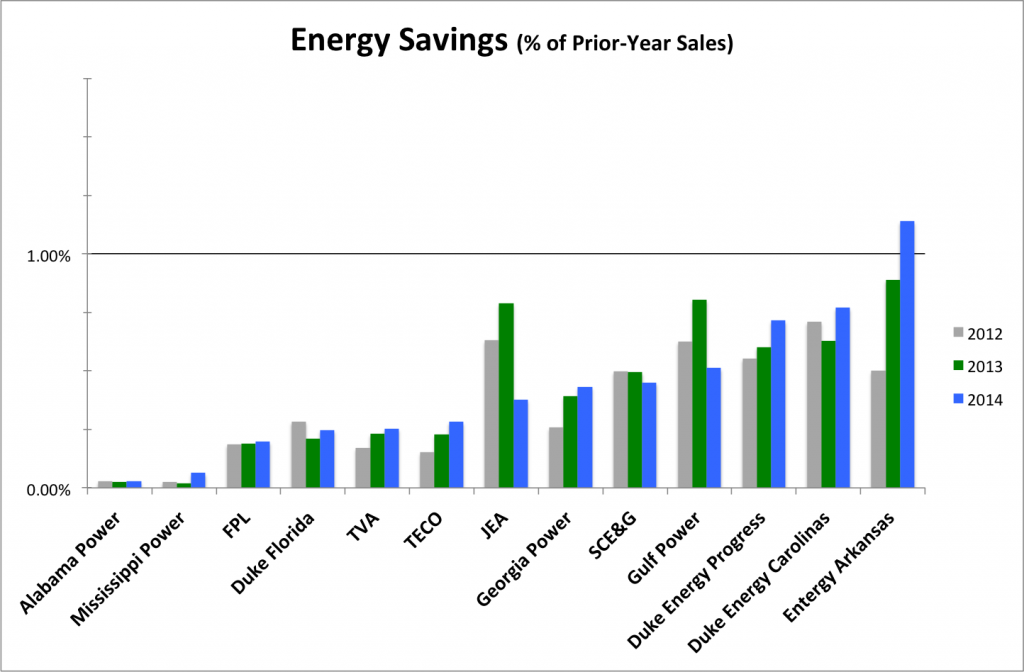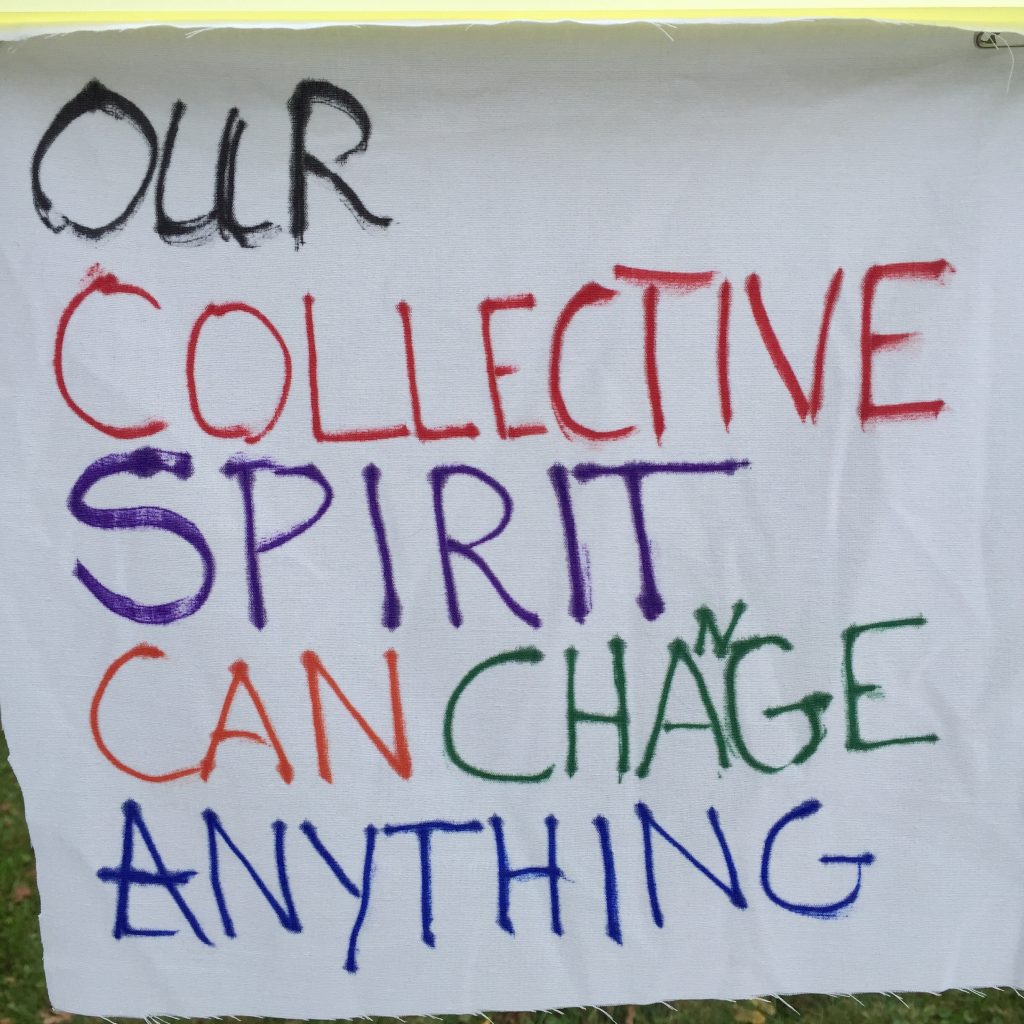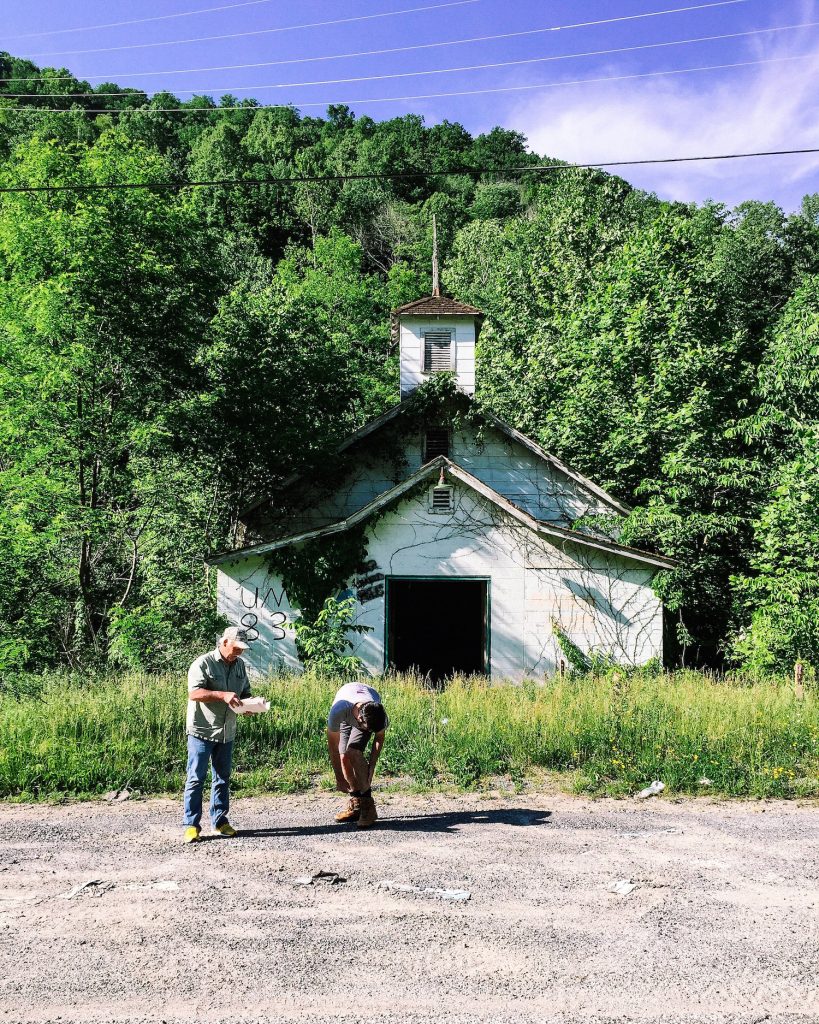Written by Guest Contributor
Guest Contributor
Welcome to our special feature where we invite guests to pull up a chair, sit a spell, and share their views on issues important to you.
Atlantic Coast Pipeline backers head to North Carolina
While North Carolina is rightfully focused on the coal ash scandal, another environmental tug-of-war is strengthening in some of the state’s poorest areas. The Atlantic Coast Pipeline would cut 170 miles through eastern N.C. where a quarter to a third of people live in poverty. And this is precisely why these types of projects are placed in low-income communities: to reduce the chance of resistance.
Daile Boulis: One coalfield resident’s journey to action
Daile Boulis, a resident of Loudondale, W.Va., lives just a few thousand feet from the KD#2 mountaintop removal mine in Kanawha County, W.Va. At a recent gathering of The Alliance for Appalachia, Daile shared the story of how she became involved in the fight against mountaintop removal coal mining.
A good idea is right under your nose
Last summer, when Appalachian Voices’ friend Caroline Armijo was pondering how to address the problem of coal ash pollution, she came across a few words of wisdom on the bottom of a coffee bag: “A good idea is right under your nose.” In this post that first appeared on her website, Caroline writes about a new technology that may offer a solution.
Making sense of crisis: The West Virginia floods
In this guest post, West Virginia resident and former coordinator of The Alliance for Appalachia Katey Lauer shares her perspective on the aftermath of the storms and the humanity she witnessed as communities come together and begin to rebuild.
Speaking up for energy savings
A story on We Own It, a national network to help electric cooperative members rediscover their role as owners of a democratically-controlled enterprise, recounts the efforts of Appalachian Voices’ Energy Savings for the High Country campaign — and how we helped members of Blue Ridge Electric get their co-op’s attention on energy efficiency.
No need for more fracked-gas pipelines
There is a widespread assumption that natural gas infrastructure — like the proposed Atlantic Coast Pipeline and Mountain Valley Pipeline — would only be built if they were necessary. This assumption is not supported by the facts, as outlined here in a guest blog from a leading energy analyst.
From inside Appalachia, a look at WGN’s “Outsiders”
Exclusive to the Front Porch: WGN’s television series “Outsiders” doesn’t leave a single stereotype of Appalachia unturned. In this essay exclusive to the Front Porch Blog, award-winning author Ron Rash reflects on how stereotypes cloak harms much more profound than cultural misperceptions: “The region is diverse, and many areas are doing well, but for those that are not, might a show focused on “retard hillbilly animals” make it easier for America to ignore the region’s needs?”
Sleeping giants: TVA and Georgia Power stuck in second gear on energy efficiency
While even the region’s top achievers have room for improvement, some of the largest utilities in the Southeast are seriously falling behind on energy efficiency. In particular, the Tennessee Valley Authority and Georgia Power are two enormously capable utilities that appear to be stuck in second gear.
Prayers not pipelines
Jill Averitt lives in Central Virginia with her extended family on a patch of land where collectively they are raising seven children, lots of vegetables–and in the past year, a ruckus over Dominion’s plans to run a massive fracked gas pipeline right through that land. She created the “Prayers Not Pipelines” project as a powerful way to connect with her neighbors, and to protect her home and community.
Appalachian Millennials and social media in Wyoming County
Guest Contributor Donald Welch: The Rural Appalachian Improvement League encourages plenty of groups to visit the Mullens, W.Va., area to volunteer. But, as an organization focused on sustainability and creating social change in southern West Virginia, the group also uses social media to engage youth and create opportunities for local residents.





